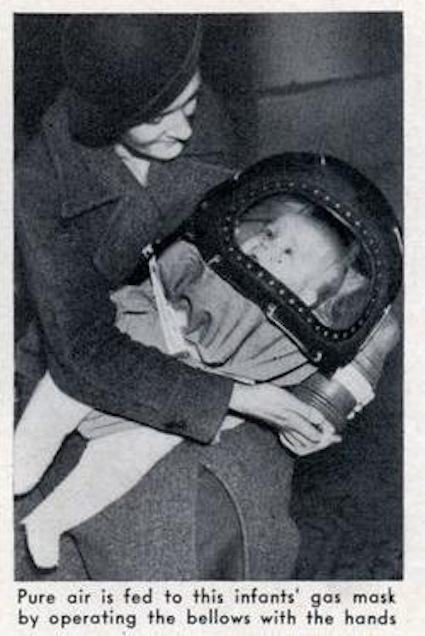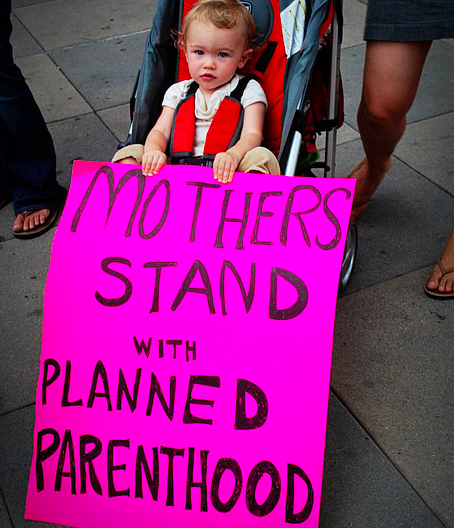
<a href="http://www.flickr.com/photos/pixelroiber/2197372140/sizes/m/in/photostream/">pixelroiber</a>/Flickr
Here are a few more reasons why those who identify as “pro-life” might want to reconsider siding with environmental foes in Congress. New research in Los Angeles has found that women exposed to air pollution from automobiles are more likely to have children born at low birth-weights. Meanwhile, researchers in Spain have found that extremely high temperatures make women more likely to give birth early.
The first study, published in the Environmental Health Perspectives, looked at women who lived within five miles of air quality monitoring stations in Los Angeles County over the period of June 2004 to March 2006. Babies are usually described as having a low birth rate if they are born full-term but weigh less than 5 pounds, 8 ounces.
The researchers found that exposure to air pollutants like nitric oxide (NO), nitrogen dioxide (NO2) and nitrogen oxides (NOx) made women 5 percent more likely to give birth to lower weight babies. Women exposed to fuel-combustion byproducts like polycyclic aromatic hydrocarbons (PAHs) were up to 3 percent more likely to have smaller babies. The National Institute of Environmental Health Sciences and the California Air Resources Board provided support for the research, which shows “additional evidence of the potential impact of traffic-related air pollution on fetal growth” and merits further study, according to the authors.
The second study, published this month in Environmental Health Perspectives, looked at 7,585 women who gave birth at a university hospital in Barcelona between 2001 and 2005. Based on their research, they found a five-day reduction in the gestational age of babies delivered on days after a “an unusually high heat–humidity index.” The researchers note that even a relatively small reduction in the gestational period—as little as one week—has been linked to adverse health outcomes for babies. They also note that pregnant women have a harder time dealing with heat stress, both because they’ve gained weight during the pregnancy and because the growth of the baby causes them to generate more heat internally.
They further point out that scientists predict “more intense, longer lasting and/or more frequent” extreme heat episodes in the future due to climate change—which, as we know, is also a nasty side effect of air pollution.













